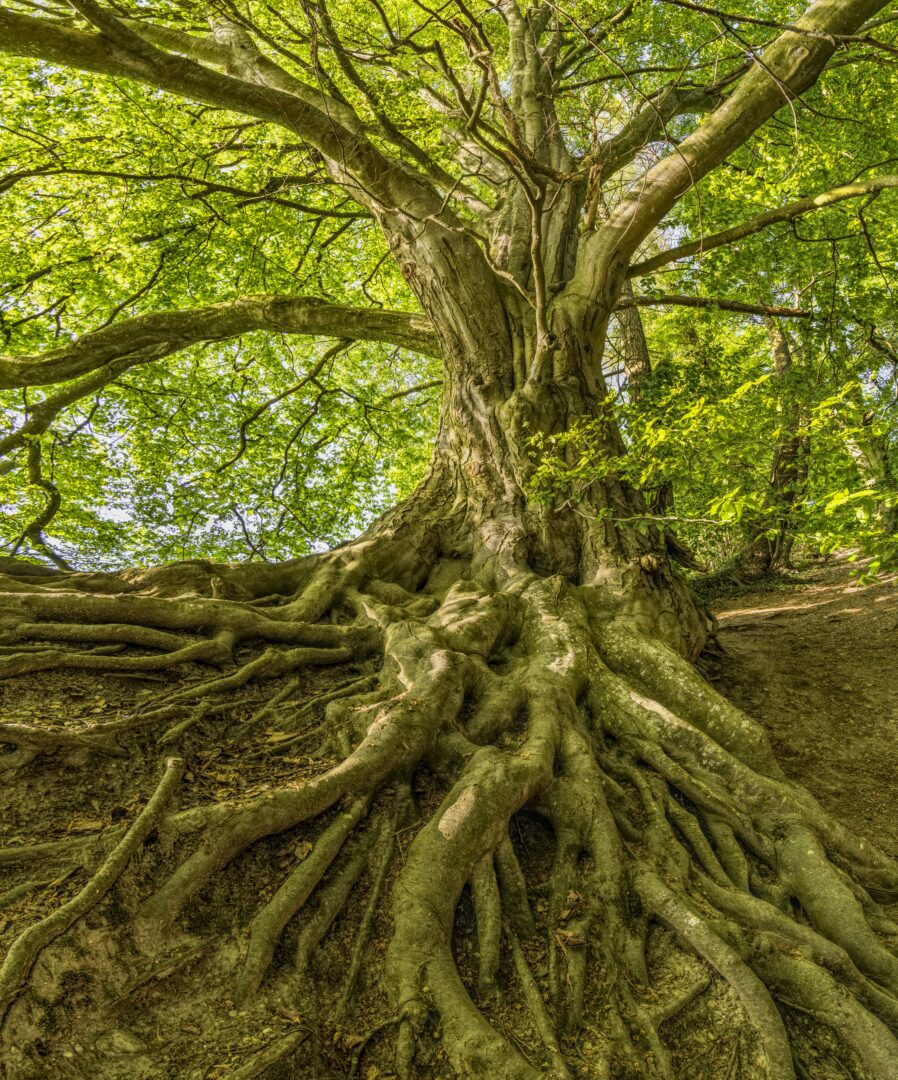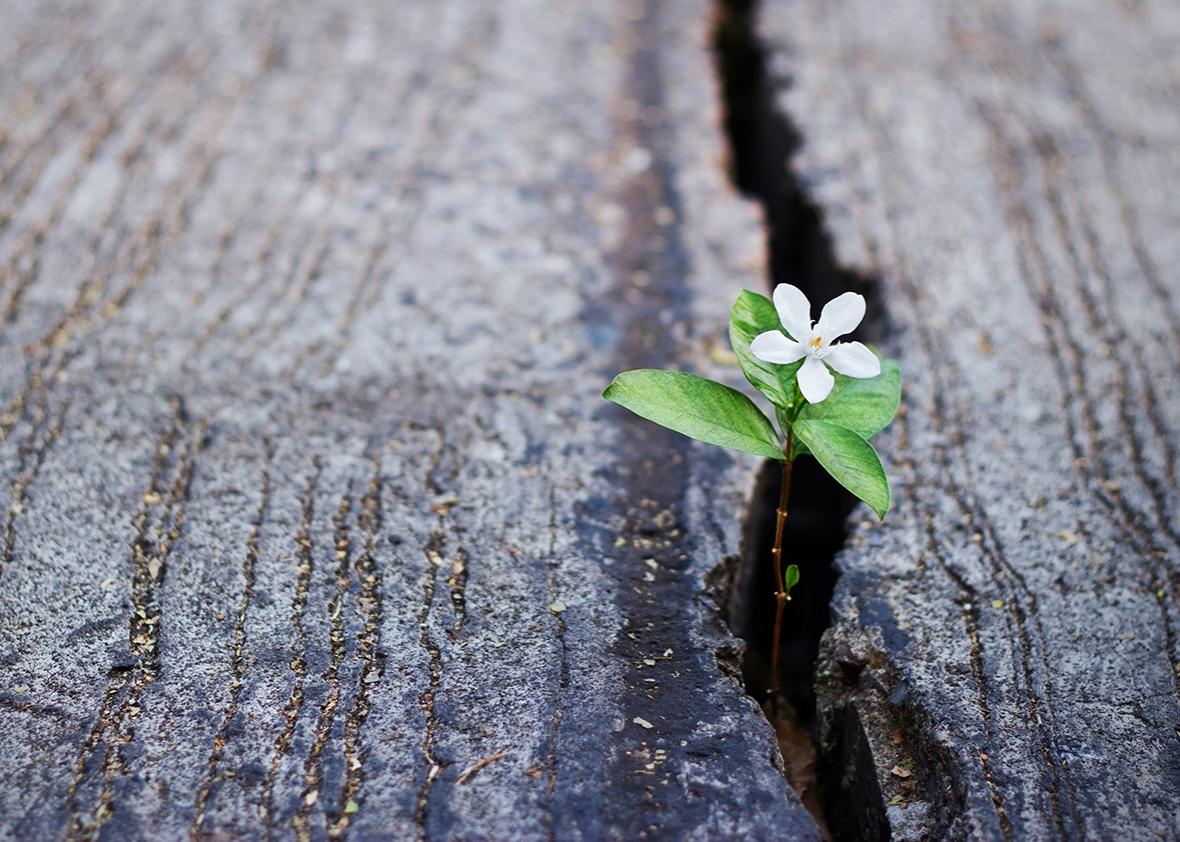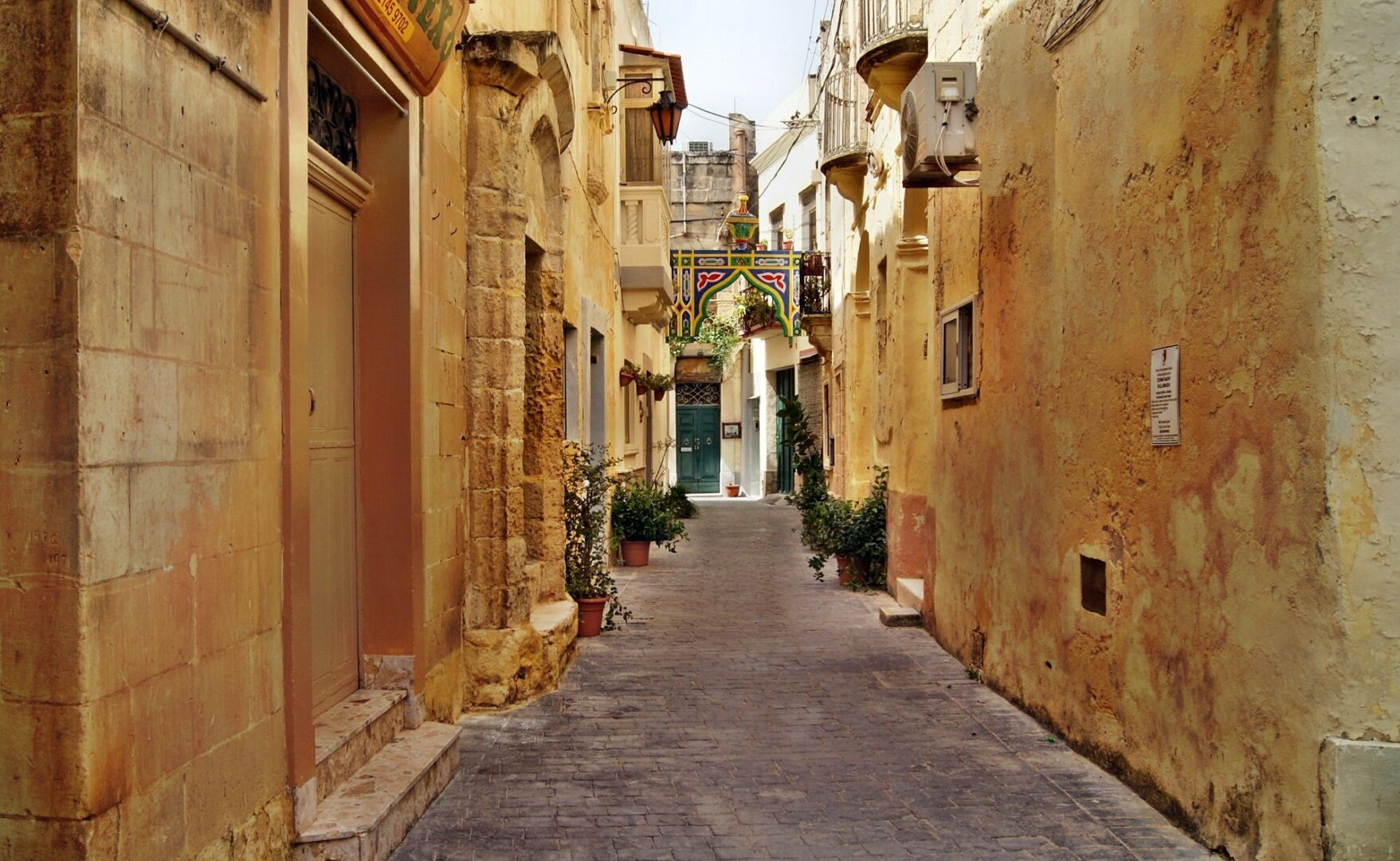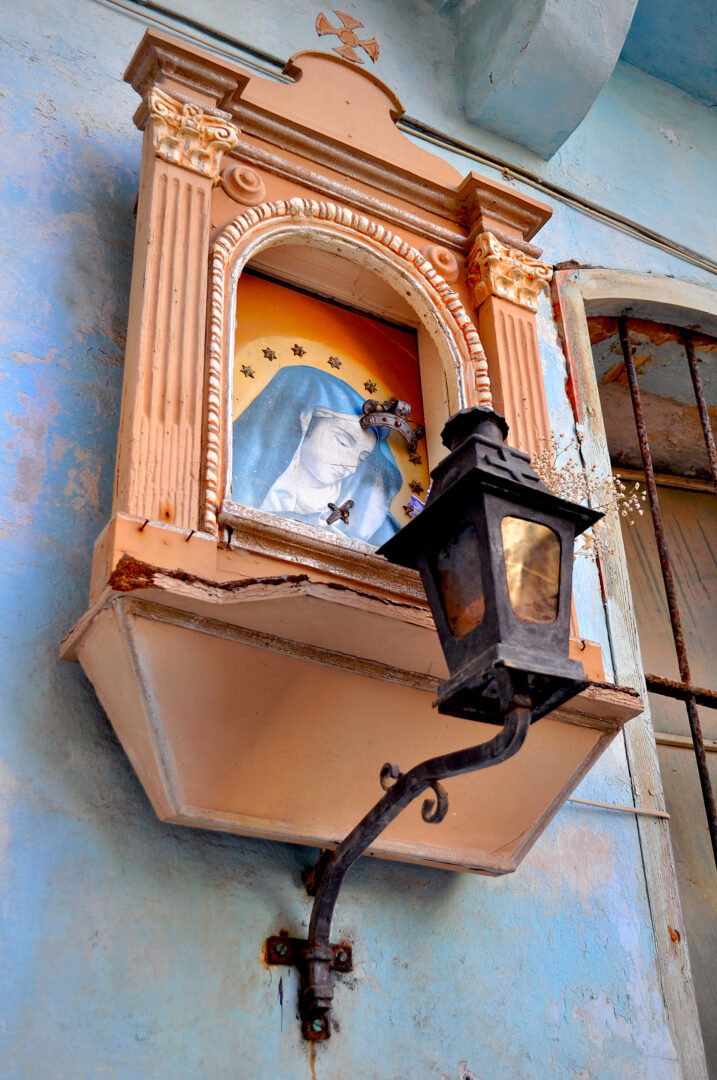“We had hoped that he was the one to redeem Israel.” (Lk 24:21)
The Christian life is cruciform. In daily life, we journey horizontally, moving from our homes to workplaces, from our schools to leisure places, from our churches to the peripheries, and increasingly even in digital spaces. We journey ahead while constantly aware that our story of faith, passed on to us by our ancestors, opens us up vertically to the hope of the Parousia. “Time is greater than space” (Evangelii gaudium, 222‑225) because time bridges every moment of our God‑willed created existence to the eschaton. But that existence is ordered to community as God is Communion; that “life” given finds its fulfilment in ecclesiality, where we are transformed to a Holy People of God bound in the love of the Holy Spirit and the joy of the original kerygma. The universality of the Church rests upon the manifold unique expressions of being “God’s Holy People.”

Catholicity is the testimony of each of humanity’s distinct “peoples”, who together embody the dazzling beauty of God’s salvation and divinisation promised on all flesh.
“As this broken bread was once scattered on the mountains, and after it had been brought together became one, so may your Church be gathered together from the ends of the earth unto Your Kingdom” (Didache 9.4).
The uniqueness of every people is expressed in its particular culture. In being the “whole greater than the sum of parts” (Evangelii gaudium, 234‑237) that reflects a people’s ethos or soul, culture is also the rich soil in which the people’s distinctive witness of the Good News grows to bear fruit.
Three aspects build a “people” to become a true ecclesia, a unique “Holy People of God”: land, history, their expression of faith. These remind us
- that we must appropriate a posture of reconciliation—of stitching the tears with our past, with each other, with the rest of creation, and ultimately with God;
- that we must invest in the formation of every disciple called to be like Christ to serve as his “body” to be stewards of culture;
- that, like Mary, we must turn our gaze to the Father as we are emboldened to be grateful and, without ceasing, contemplate the mercy He has shown upon us, His People.
- Only thus can we be missioned as body of Christ in our land.





